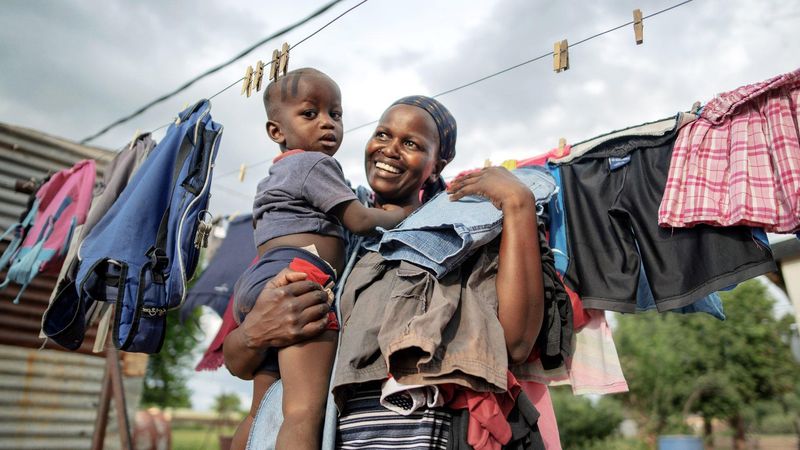Foundation S at UNGA: Addressing Climate and Health Resilience
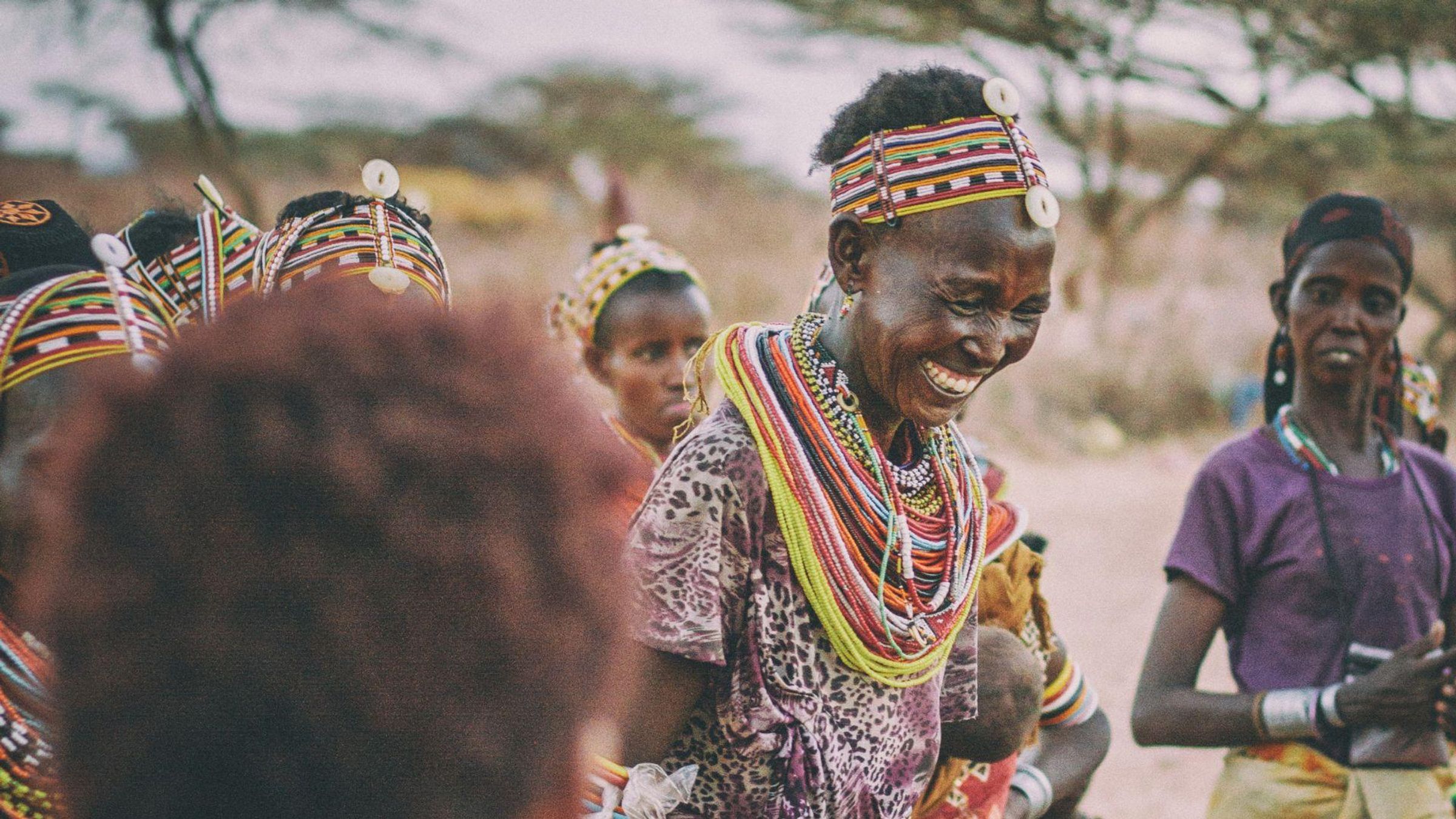
On the sidelines of UNGA, Foundation S has released a new report by the Collective MindS Climate x Health Council, led by Foundation S and the Africa-Europe Foundation. The report is a blueprint for action for world leaders coming out of the UN Summit of the Future, held on 22-23 September, to turbocharge sustainable development goals by bridging siloes in climate and health. In an effort to respond to citizen concerns and address funding gaps, the report outlines concrete steps on how to adapt to the health impacts of climate change, strengthen the resilience of healthcare systems and protect lives by facilitating rapid, flexible funding for locally led health adaptation.
Outlining Three Calls to Action for the Global Community
Accelerate the Breaking of Siloes
Strengthen Efforts to Bridge Capacity Gaps
Initiate the Building of New Funding Channels
Full Report & Dedicated Infographics
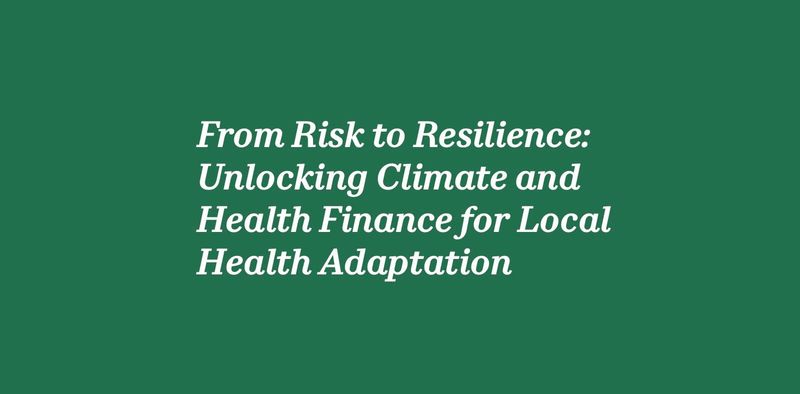
From Risk to Resilience Report
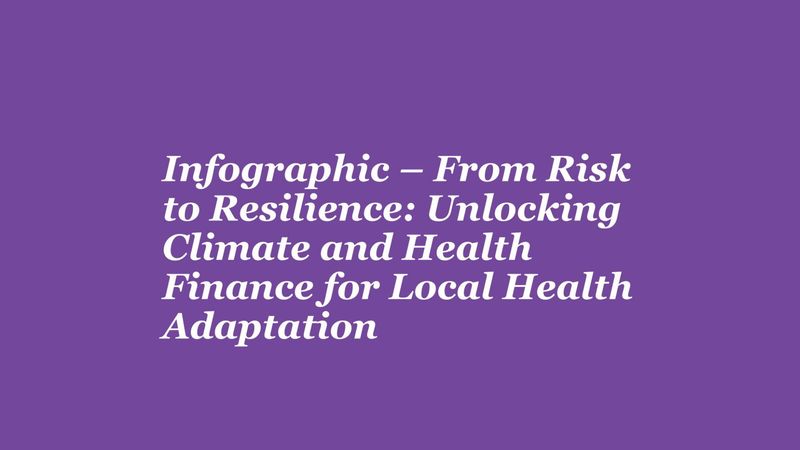
From Risk to Resilience Infographics
To mark the publication of this action report, Foreign Policy, Foundation S, and the Africa-Europe Foundation hosted a high-level event at UNGA, bringing together academics, policymakers, and advocates. This event shone a spotlight on how those working at the intersection of climate and health can unlock the potential of locally led adaptations, propose solutions to increase health care systems resilience, and address barriers to climate and health financing to ensure that funding reaches those most in need. Speakers included H.E. President Julius Maada Wonie, President, Republic of Sierra Leone, Dr. Chelsea Clinton, Vice Chair, Clinton Foundation; Vice Chair, Clinton Health Access Initiative.
In the biggest election year in history, new research has also been released by Foundation S, which signifies a warning sign from global citizens to leaders. With 91% expressing concern about the health impacts of climate change and 9 in 10 wanting more investment to protect people from the health impacts of climate change, the message is clear: put the climate-health nexus at the forefront of finance priorities.
- A staggering 82% believe world leaders are not doing enough to adapt to climate change's impacts. This rises in the Global South, where the impacts of climate change on health are currently highest (88% in Brazil, 83% in India and 82% in Kenya).
- Concern around how climate is impacting health is highest among younger generations (96% of 18-24 year olds vs. 78% of 65+ year olds).
- The majority of citizens (87%) think that future generations will have poorer health than current generations due to climate change.
- In Brazil (93%), India (95%), and Kenya (96%), concern about the health impacts of climate change is higher than concern about the effects of war, geopolitical instability, and global economic pressures, despite increasing war in Europe and the Middle East, and a potential economic crisis looming.
With less than 5% of climate adaptation finance allocated to projects that protect or improve health, global experts have issued a rallying cry. In an open letter published earlier this week, representatives from the global health community - including Vanina Laurent-Ledru, Director-General of Foundation S, H.E. Ellen Johnson-Sirleaf, former President of Liberia, David Miliband, CEO of the International Rescue Committee, and Anil Soni, CEO of the World Health Organization Foundation – warned: “The pace of this crisis is rapidly outrunning efforts to adapt. Over 3.5 billion people already live in areas highly vulnerable to climate change. We need immediate action to help them become more resilient – or we face dire consequences.”
About Foundation S
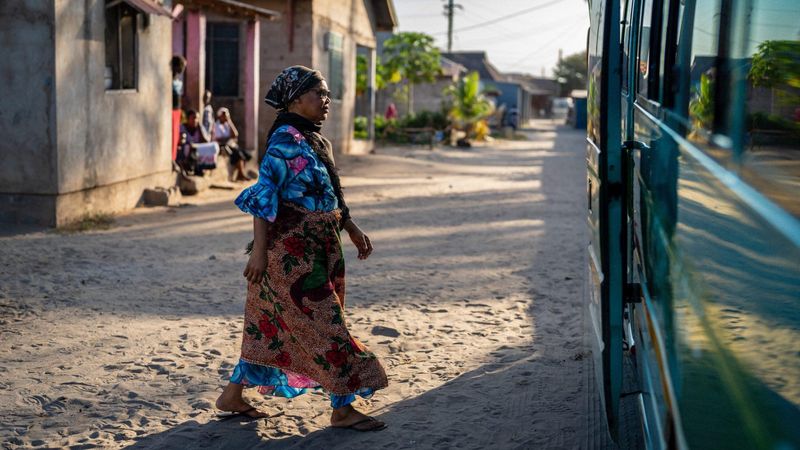
About Foundation S
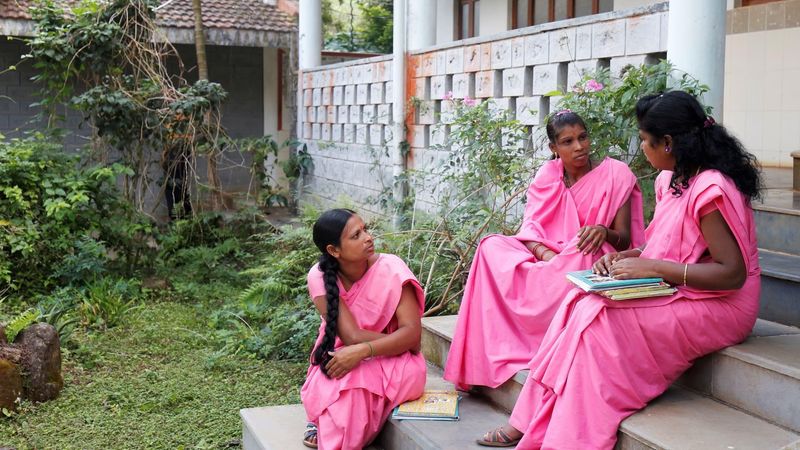
Collective Approach
